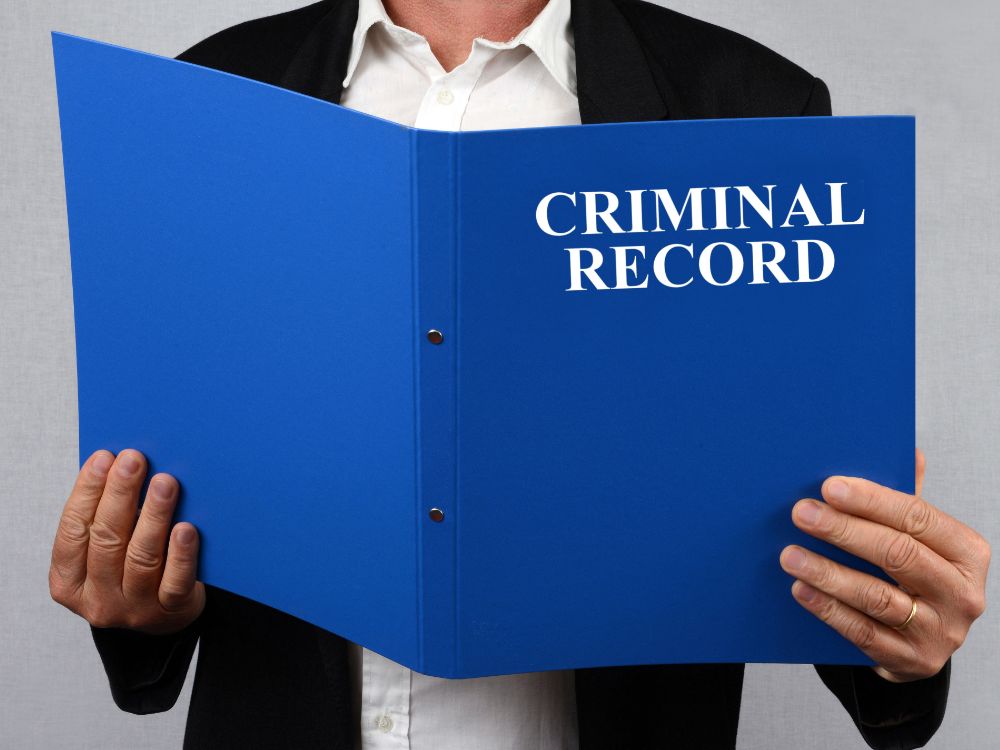A criminal record can follow a person their entire life, and it can affect many aspects of their day-to-day existence, including increased insurance rates, reduced ability to acquire a loan, fewer job opportunities, and even lowered ability to rent a home. This is not accounting for how personal reputation and public perception can be affected by a criminal record. Texas lawmakers recognized the ways a criminal record can negatively affect Texans and created a way to remove this record.
The record removal process is called expungement. It forces state agencies and private companies to eliminate references to an arrest or crime from their electronic files and destroy any related hard files. You will legally be able to deny the arrest or charge on employment and rental applications.It is a crime for anyone else to knowingly reveal information related to an expunction. It’s important to note that not all crimes and circumstances will qualify for expunction in Texas.

Understanding if you qualify for expungement can be a complicated process, but it is the first step towards potentially getting your criminal record removed. Choosing an experienced criminal defense lawyer to handle your case is crucial to ensure no potential expungement possibilities are overlooked. The laws are constantly changing, but an expunction remains the best possible route to have your criminal record erased.
The Law Firm of William A. Walsh has over 20 years of experience providing clear legal advice and honest assessments in Hood County. We fully understand how life-altering a criminal record can be for you, and we can work tirelessly to ensure your criminal case is handled with the utmost care. The process to get your record expunged includes a court date that occurs after your initial filing. Working with our team ensures you are not alone or floundering during any step, from filing to the court appearance.
The Texas Code of Criminal Procedure, Chapter 55, covers who has the right to and is eligible for an expunction. There are many types of cases that can be expunged. Common scenarios include:
This is not a comprehensive list.You should contact an experienced lawyer to review your case and determine your eligibility for an expunction.
Though there are many routes to have your records expunged, there are some ineligible crimes. They are mostly restricted to offenses that involve violent acts, sexual assault, and crimes against children. These include:
There is still an option for some individuals that do not qualify for expunction. They may obtain an order of nondisclosure.This process seals the record and makes it unavailable for most civilians, but law enforcement can still access the information. This is different from an expunction, where your records are essentially destroyed and cannot be accessed by anyone, including law enforcement agencies.
This process can apply to some charges with a conviction. For example, someone with a first-time DWI conviction can have this crime sealedif they have no other criminal history. The full legislation concerning nondisclosure orders can be found in the Texas Government Code, Chapter 411, Subchapter E-1. Though the record is not completely destroyed, sealing a record is still beneficial and you should explore your options through this route if expungement is not a possibility.
Navigating the expungement process can be difficult, and even more so if you are ineligible and you want to explore the nondisclosure petition option for your criminal case. Making an error during the filing process can have devastating effects that will hinder your ability to expunge your record.
Contact The Law Firm of William A. Walsh so we can explore your options and get the process done right the first time. Our team is dedicated to your case, and we offer compassionate legal counsel. Let us help you exercise your rights to the fullest capacity by taking advantage of the opportunities for expungement the state of Texas provides.